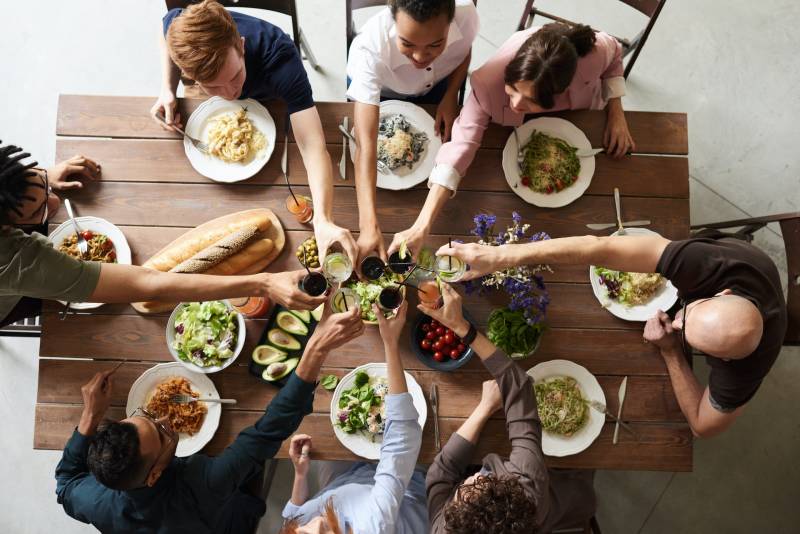As Thanksgiving fast approaches and the holiday season gets underway, California public health leaders are urging folks to bolster protections against a triple threat of respiratory viruses: RSV (respiratory syncytial virus), flu and COVID-19.
"In every category that we track — whether it's test positivity, case rate numbers, wastewater surveillance, hospitalizations — we're seeing increases for RSV, flu and COVID," said Dr. Mark Ghaly, secretary of California Health and Human Services, during a news conference last week.
According to Ghaly, COVID transmission — both in test positivity and case rates — was up by 25% over the past one to two weeks.
This is further compounded by an alarming uptick in cases of flu and RSV, a respiratory virus that primarily affects infants and has been straining hospitals across the region.
Another concerning statewide trend? The vaccine uptake for the bivalent booster is low. Only around 16% of eligible Californians have gotten a second booster.
